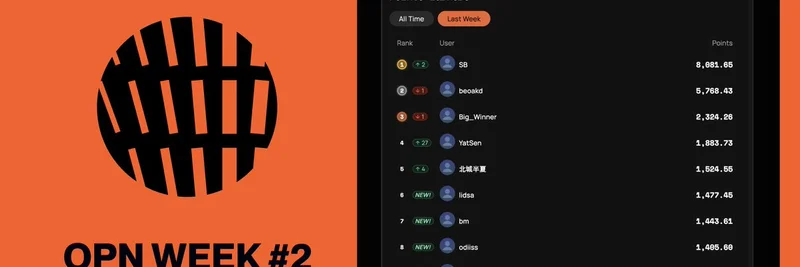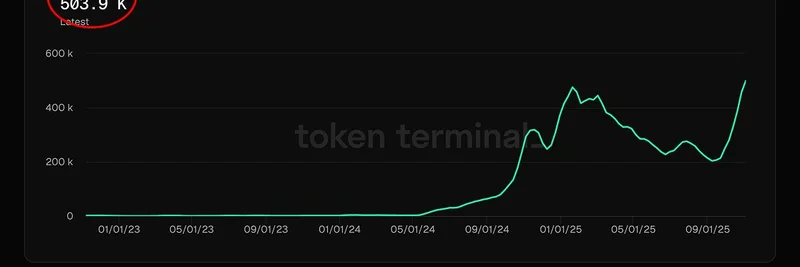Hey there, crypto enthusiasts! If you’ve been following the wild ride of cryptocurrencies, you’ve probably heard the chatter about it being a "casino" where fortunes are made and lost in the blink of an eye. But what if I told you that crypto is stepping out of the gambling hall and into the big leagues? That’s right—according to a recent tweet by hitesh.eth (@hmalviya9), crypto is on the verge of becoming a brand-new asset class that could revolutionize traditional finance (or TradFi, as the pros call it). Let’s dive into this exciting prediction and see what it means for the future!
From Casino to Cornerstone: Crypto’s Evolution
The tweet, posted on August 1, 2025, at 08:53 UTC, suggests that crypto is no longer just about chasing the next big pump. Instead, it’s poised to attract global money and make TradFi more efficient. Think of TradFi as the old-school financial system—banks, stock markets, and all the paperwork that comes with them. Now, imagine blockchain technology—the same tech powering Bitcoin and Ethereum—streamlining those processes. Hitesh.eth predicts that within three years, you’ll be able to trade almost everything onchain, from commodities like oil and wheat to quirky inflation indexes like the Big Mac Index. It’s a game-changer!
This shift isn’t just hype. Blockchain’s decentralized nature cuts out middlemen, reduces costs, and boosts transparency. For example, instead of relying on a bank to verify a transaction, blockchain records it on a public ledger that everyone can trust. This could mean faster, cheaper trades for everyone, whether you’re in New York or a remote village in Africa.
Why This Matters for Meme Tokens and Beyond
At Meme Insider, we’re all about keeping you in the loop on meme tokens—those quirky, community-driven cryptocurrencies like Dogecoin or Shiba Inu. But this evolution could impact even those playful assets. As crypto matures into a recognized asset class, regulators might start treating meme tokens more seriously, potentially opening doors for them in mainstream finance. Imagine investing in a meme token portfolio alongside stocks and bonds—wild, right?
Hitesh.eth also hints at a future where you can buy into real estate or equities onchain using your smartphone. This democratization of investing could empower people worldwide, especially in places where traditional markets are hard to access. It’s like the Great American Dream, but with a global twist!
The Bigger Picture: Efficiency and Global Reach
So, what makes this new asset class so exciting? For one, it promises to tackle inefficiencies in TradFi. Ever waited days for a bank transfer? Blockchain could shrink that to minutes. Plus, with decentralized finance (DeFi)—a system where you lend, borrow, or trade without banks—new revenue streams could emerge, even during high inflation. This resilience could draw in big players, turning crypto into a global financial hub.
The tweet also teases a tokenized world where you own a piece of anything—UAE real estate, American capitalism, or even Web3 projects—right from your phone. It’s a bold vision, but it aligns with blockchain’s ability to break down barriers. However, Hitesh.eth warns of a flip side: behind the scenes, this could become a playground for extraction, where big players profit off retail investors’ enthusiasm. It’s a reminder to stay sharp and informed!
What’s Next for Crypto Enthusiasts?
This prediction isn’t just speculation—it builds on a thread from May 2025 where hitesh.eth explored crypto’s chaotic past and its potential redemption link to original thread. From fumbling Bitcoin to chasing 100x gains in shitcoins, the journey’s been rocky. But now, with institutional interest and technological advances, crypto might finally find its footing.
For blockchain practitioners, this is a call to level up. Understanding DeFi, onchain analytics, and regulatory trends will be key. At Meme Insider, we’re here to help with a rich knowledge base—check out our resources to stay ahead in this evolving landscape!
What do you think? Will crypto truly become a new asset class, or are we still in the casino phase? Drop your thoughts in the comments, and let’s keep the conversation going!


